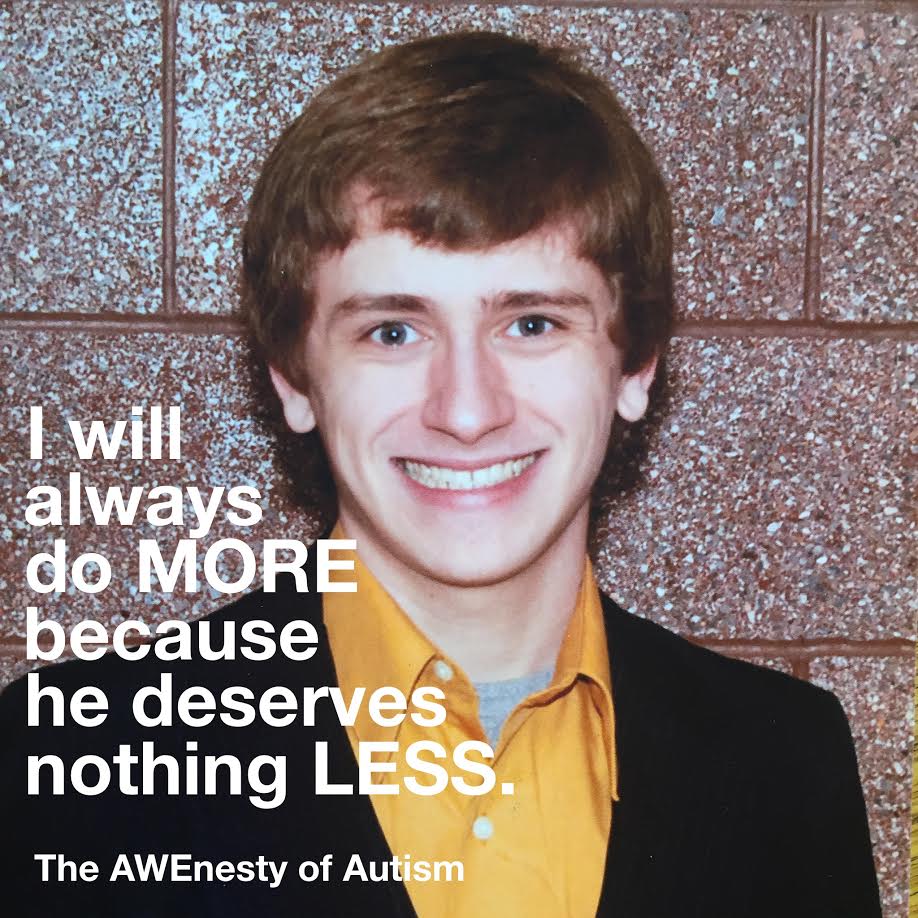We Must Do More to Educate Law Enforcement About Autism
Autism and police. These two words alone may not sound worrisome, but for autistic individuals and their loved ones, those words together can strike terror in our hearts.
A recently released Arizona police officer’s body cam video of an incident with a young autistic teenager named Connor has been filling up social media streams as well as national news this week, and has made the words “autism” and “police” very real. The video was horrifying, heartbreaking and deeply troubling. And as much as my heart aches for young Connor and his family, I do not think the officer acted out of malice. I believe the officer acted out of ignorance — which is why we must do more.
More training. Police officers and emergency responders must have, at the very minimum, a basic understanding of what autism is and how to identify an individual with autism. This officer mistook Connor’s “stimming” behavior as an individual under the influence of drugs and reacted as he was trained for someone who was high, not someone who was autistic, because most police officers do not receive autism training.
More awareness. Police officers must become aware that although many individuals with autism may present with similar behaviors, such as stimming, they must be aware that each individual with autism is unique. Parents and autistic adults must help police understand the uniqueness of each autistic person by sharing some of their or their child’s sensitivities, fears, triggers and behaviors before an interaction occurs.
More advocacy. Many parents loving a child with autism already have their plates full with therapies, IEP meetings and the normal day to day occurrences of life, but, one meeting with your local law enforcement to advocate for your child may make the difference between a positive and a negative police interaction.
More time. Police officers often have to make split-second decisions that do not afford them the time to determine if an individual they are approaching does or does not have autism, so parents must take the time to teach their child (if they are verbal), to say, “I have autism” or have some type of autism identifier on their person if they are not able to communicate their diagnosis.
 More patience. If a police officer is aware or suspects an individual may be autistic, be patient and give that person time to respond to your requests or demands. It may take longer for them to process what you are asking of them.
More patience. If a police officer is aware or suspects an individual may be autistic, be patient and give that person time to respond to your requests or demands. It may take longer for them to process what you are asking of them.
More acceptance. Police and parents must accept that they both have a role to play to keep individuals with autism safe.
Police must do more.
We as parents must do more.
More must be done because our children deserve nothing less.
We want to hear your story. Become a Mighty contributor here.
Thinkstock photo by Chiocco Dodi FC.

